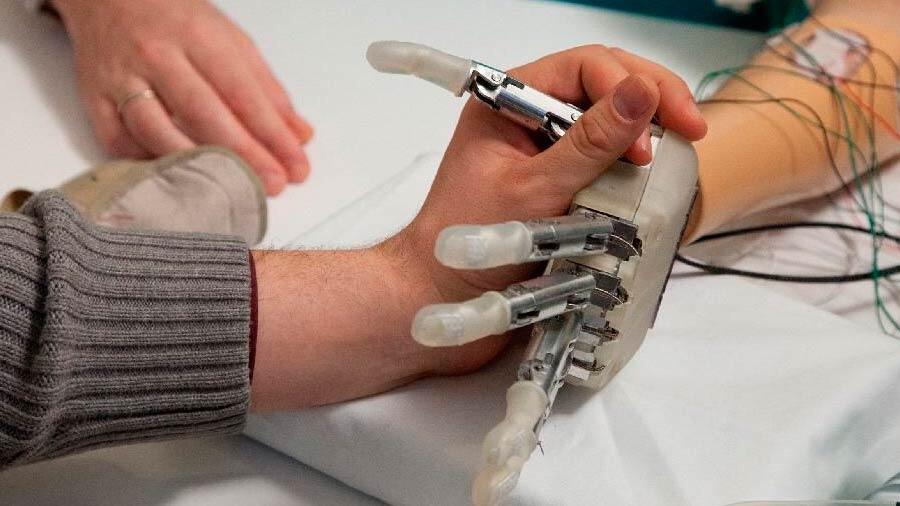Scientists at Case Western Reserve University and the University of Chicago have succeeded in creating prostheses that transmit the amputee the sensation of touch to determine the pressure needed to be applied.
The study was published this week in the journal Science Translational Medicine, after experiencing the utility of the invention with two patients with amputated hands.
Scientists and engineers who worked on this research recreated with electrical impulses how the nervous system interprets tactile perception, especially when determining the level of pressure applied.
“The ability to determine how much pressure is applied is key to complex manipulation of objects and human interaction,” he said in a statement Dustin Tyler, a biomedical engineer and professor at Case Western Reserve University, in the city of Cleveland, Ohio, U.S.
Electrical stimulation it is given to subjects who experienced with this technology the sensitivity to know how much pressure to apply to your prosthesis, which allowed them to interact with family and loved ones more fluid.
The system consists of a pressure sensor in the prosthesis, a portable stimulator that sends electrical signals to electrodes connected to nerves in the amputated arm, allowing the brain discern the level of pressure applied.
The experiment was conducted with two people who suffered amputation of the hand and determined that both can now discern up to 20 different pressure levels.
However, the biggest advance that amputees highlighted was the possibility of shaking hands, touching or handling objects with confidence that too much pressure is applied.











